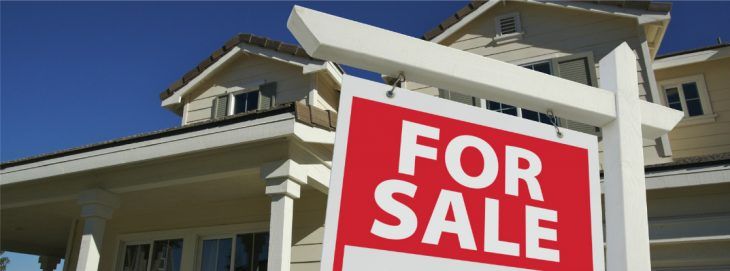Millennials continue delaying homeownership
by January 1, 2019 12:59 pm 643 views

The Millennial generation is too big to ignore and is expected to surpass the Boomers as the nation’s largest generation in 2019, according to the Pew Research Center. The sheer size of this younger population (73 million) has economists closely watching spending habits as predictors for the overall economy.
One trend at play is delaying home ownership despite earnings that are substantially more than previous generations at this juncture of their lives — late 20s to mid- 30s. A recent survey by Apartment List found 90% of Millennial renters want to purchase a home, but few plan to do so in the near term.
The survey found 4.9% plan to purchase a home in the next year, while 34% expect to wait five more years. Chris Salviati, an economist with Apartment List, said the biggest hurdle to homeownership by Millennials is affordability as cited by 72% of the respondents.
Salviati said home prices have risen faster than incomes across the country. He said affordability is more than the purchase price of a home; it’s also having the required downpayment and disposable monthly income needed to make the monthly note.
The survey found 62% of Millennials said a lack of downpayment savings was the main reason they are delaying home purchases. Roughly half of those surveyed had zero downpayment savings, while 11% said they had saved $10,000 or more. Given the rising cost of real estate, down payments required in major metro areas like San Francisco, Seattle, Austin, Charlotte, Denver, Chicago, Phoenix or Dallas, Salviati said this demographic would need to save for two more decades to be able to make a 20% downpayment.
This report does not mention lower downpayment options for Millennials such as FHA for first-time homebuyers. The downpayment is 3.5%, and the Federal Housing Administration raised the ceiling on these loans in 2017 to reflect the rising cost of home prices in large metro areas. There are higher mortgage costs when choosing an FHA loan throughout the life of the loan, but the tradeoff is the lower downpayment.
Salviati said student debt is also keeping homeownership out of reach for many millennials. He estimates 23% of college graduates without student debt can save enough for a downpayment for a home purchase within the next five years, compared to just 12% of those who are paying off student loans. He said Millennials lacking a college education have the hardest time saving for a downpayment, estimating just 6% can do so within five years.
The Federal Reserve Bank of New York reported outstanding student loan debt in the U.S. increased by 170%, while the average debt burden of students graduating with loans increased by 70% to $34,000.
GoBankingRates recently reported the Fayetteville metro area as one of the most affordable places to live in the U.S. with a median home price of $121,000. A conventional loan could require a downpayment of $24,200, but lower downpayment options like FHA or VA loans would greatly reduce the cash outlay required for home purchases.
A U.S. Census Bureau report found homeownership rates in the Northwest Arkansas metro area decreased to 62.88% down from 66.58% in 2010. Economists say this decline in home ownership is likely attributed to Millennials postponing home purchases and older Boomers downsizing into rentals and lower maintenance housing during their retirements.
The Census report found four metros across the state showed upticks in homeownership rates between 2010 to 2017 — Paragould, El Dorado, Hope and Forrest City.
